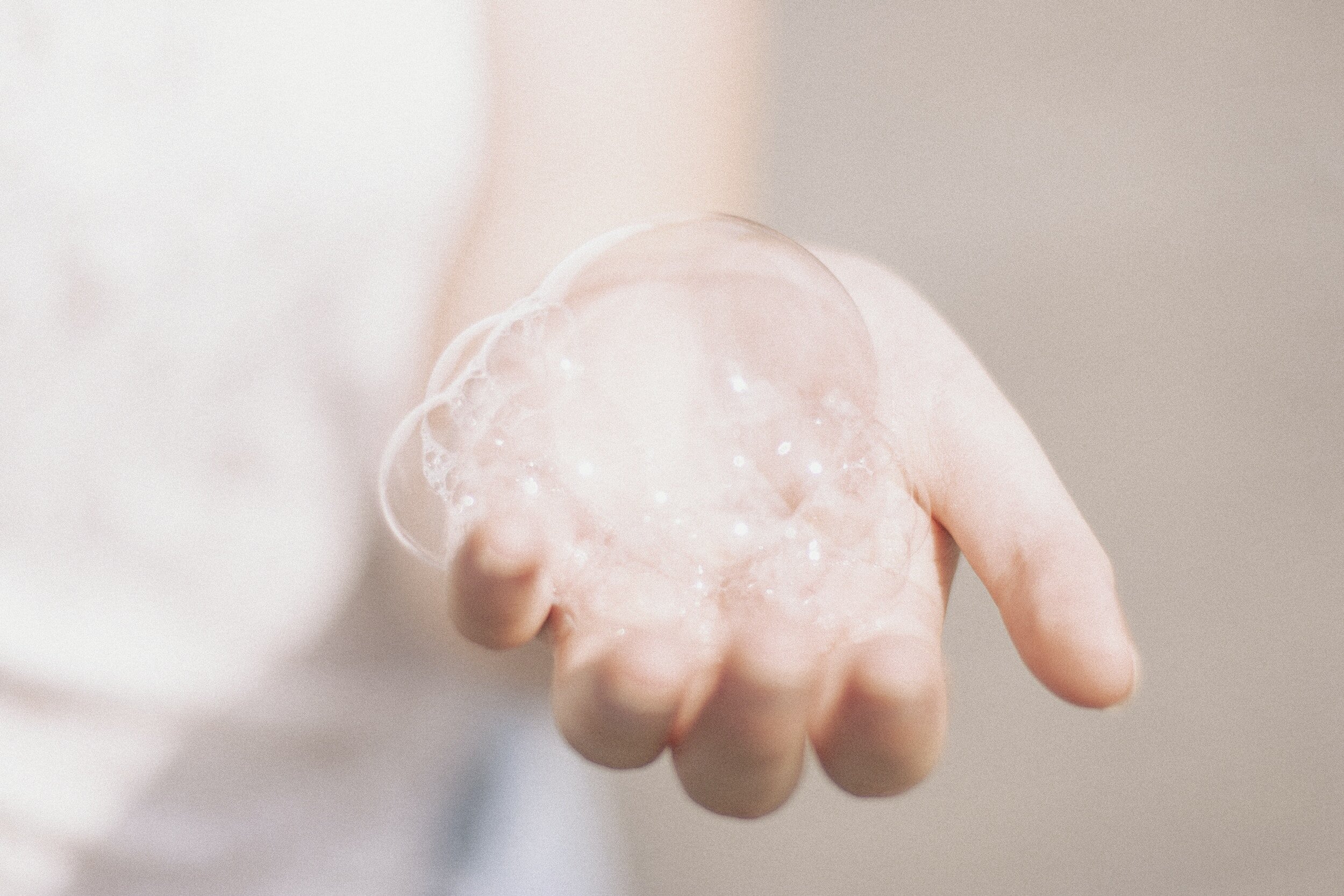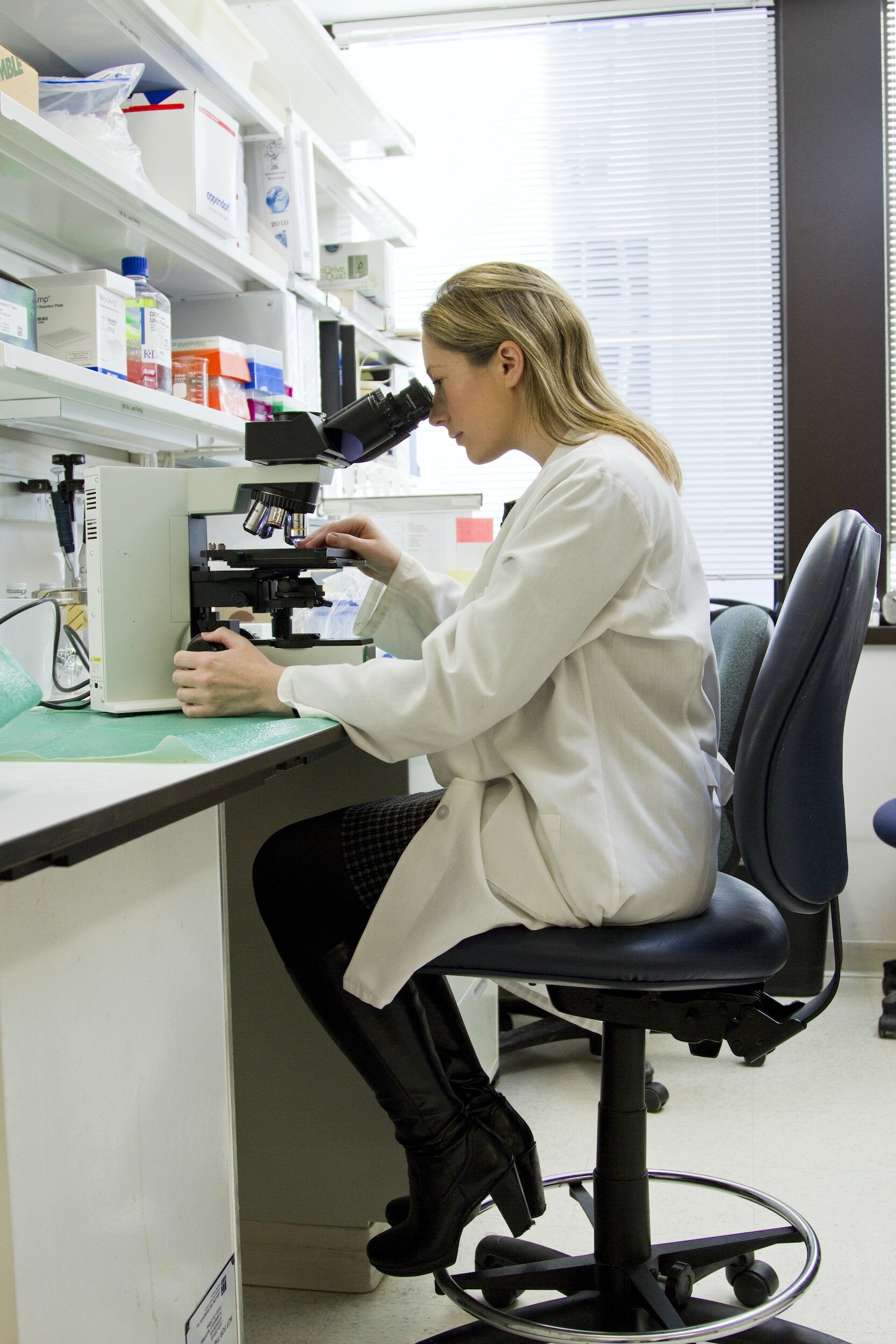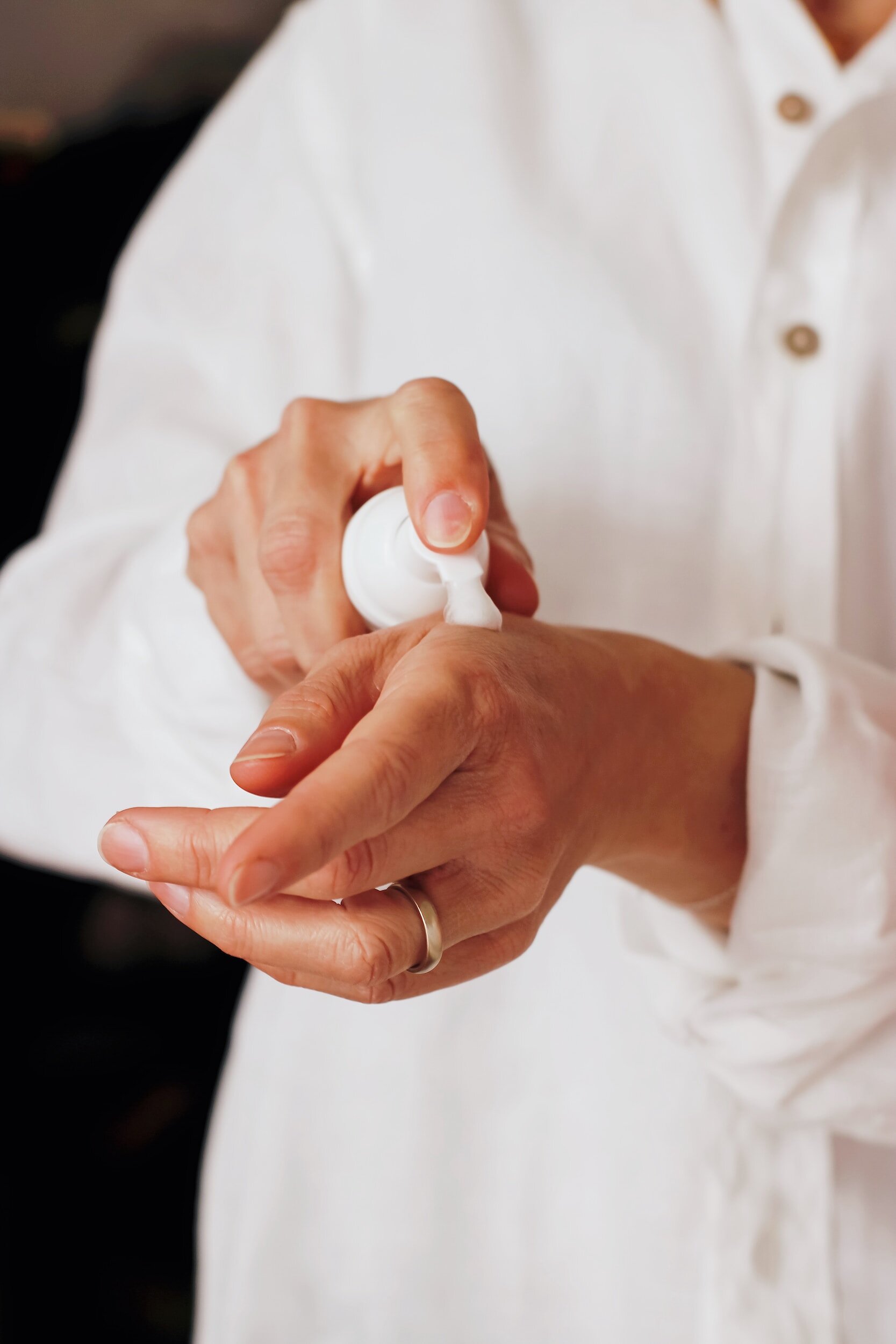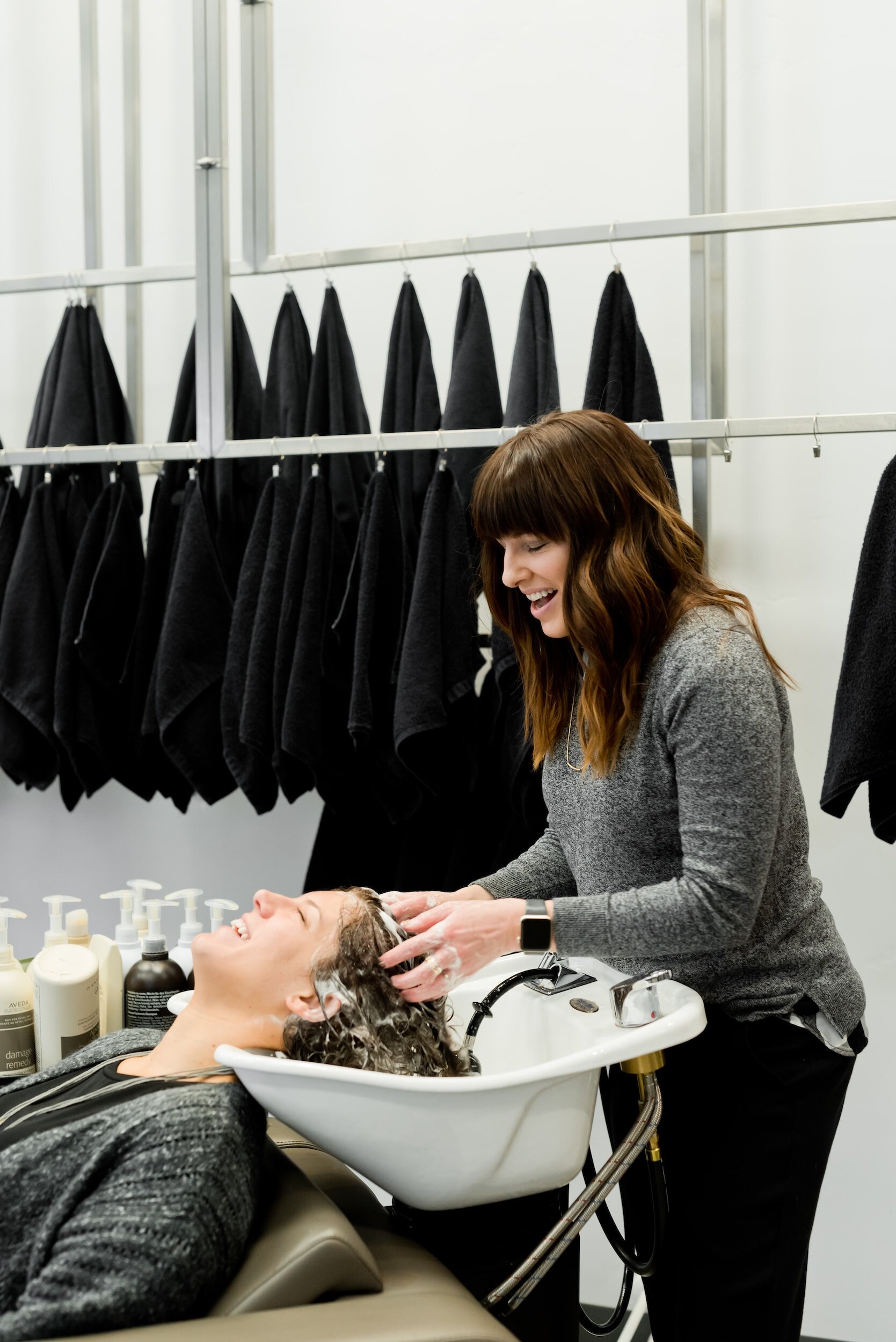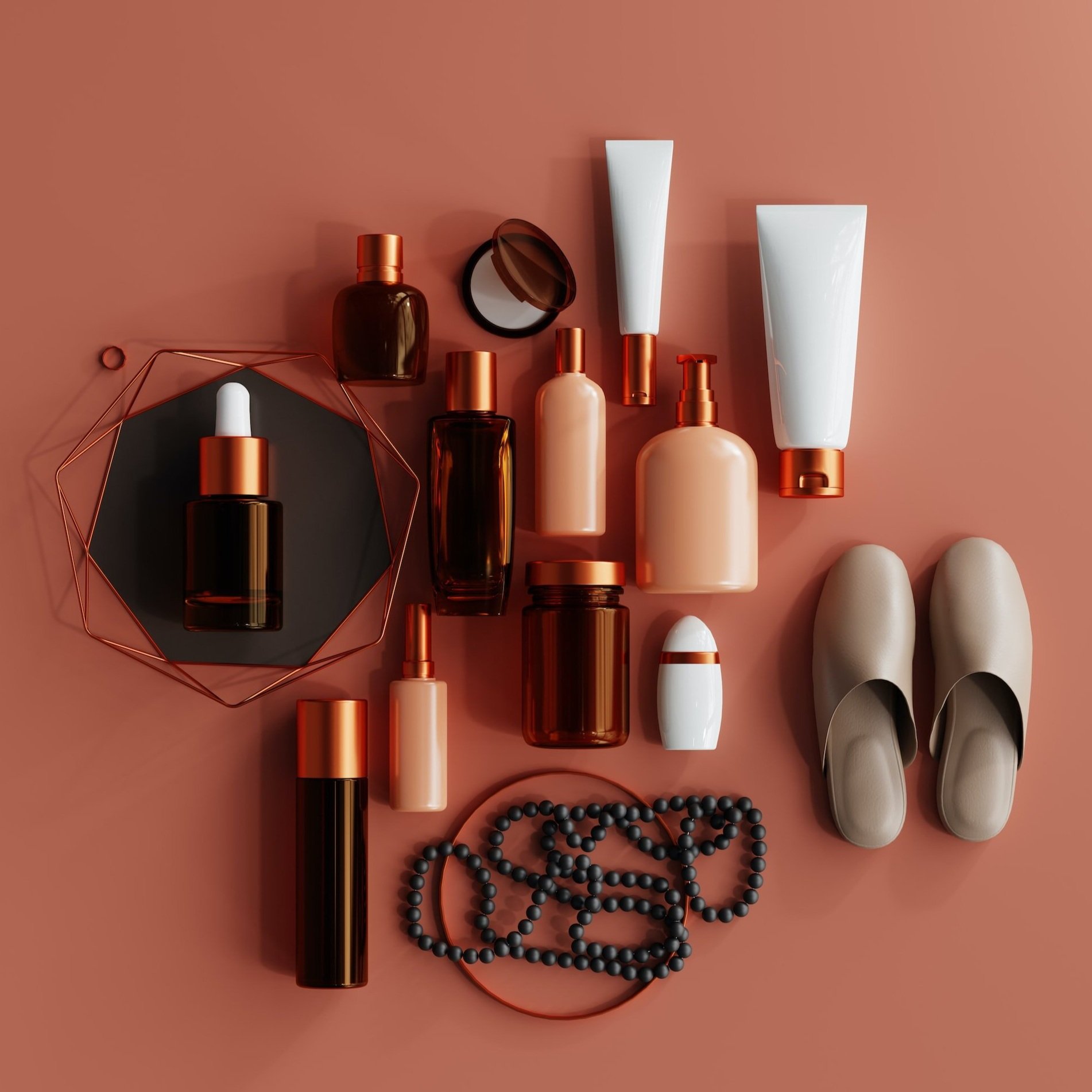The facts.
-
Parabens are a commonly used preservative in cosmetics, food and personal care products eg cough syrups and jams
-
They have been a mainstay for over 100 yrs as they are one of the least allergenic preservatives available, according to the medical and scientific community.
-
There is growing concern about their safety, with some studies suggesting that they may disrupt the endocrine system and potentially increase the risk of certain health conditions.
-
Nevertheless, parabens continue to be popular because they are relatively cheap and effective in low doses.
-
Some common ones are methylparaben, propylparaben, butylparaben, and ethylparaben.
Are parabens bad for you… the big picture.
Media and marketing versus the science.
There is a big disconnect in the representation of Parabens between the scientific and business communities. There is an alarmist tone around this subject which can result in fear-based choices. So are parabens bad, and should we be concerned?
The media and marketing love to highlight the endocrine disruption aspect of parabens, with some going as far as calling them “toxic preservatives.” Goop, for example, warns readers that any word ending in paraben, like methylparaben or propylparaben, indicates the presence of this so-called “toxic” ingredient.
“The presence of this toxic preservative—an endocrine disruptor—is indicated by any word that ends in paraben, like methylparaben, propylparaben, etc.”
Elle Magazine even cited a small 2004 study claiming that parabens were found in breast tissue, causing concern that they could potentially lead to cancer formation:
“In recent years there have been growing concerns about the use of parabens in self care products. A British study found 19 out of 20 women studied had parabens in their breast tissue. This has caused concern as it showed that the parabens in self care products don’t just sit on the skin but they can be integrated and remain into our bodily tissues. From such data it has been speculated that parabens could potentially lead to cancer formation.”
However, the study was heavily criticized for its small sample size and lack of controls. Despite this, the idea has spread and helped fuel the booming clean beauty movement, which is estimated to account for 30% of Sephora’s revenue and is expected to more than double by 2028.
What is the medical and scientific community saying about parabens in health and beauty products?
Hypersensitivity:
-
In 2019, Parabens were declared the “nonallergen of the year” by the American Contact Dermatitis Society. It has been shown that Parabens are some of the least allergenic preservatives available, with rates of contact sensitization between 0.5% to 1.4%—rates that have been stable since the 1990s.
-
Dermatologists have reported an uptick in contact dermatitis from the inclusion of natural substances and fragrances as substitutes for synthetic compounds such as parabens. These natural substances often used in much higher doses than synthetic compounds in order to have the same effect.
Endocrine Dysfunction and Breast Cancer:
-
Population-based studies show that parabens are present in the blood and urine samples of people all over the world.
-
The absorption of parabens is highly influenced by skin integrity and barrier function, with minimal penetrance through normal intact human skin.
-
In 2020, the Expert Panel for Cosmetic Ingredient Safety, did an exhaustive analysis of 21 parabens by reviewing all available data and studies from multiple perspectives including endocrine disruption, association with cancer, doses in common products and allergens and, “concluded that 20 of the 21 parabens included in this report are safe in cosmetics in the present practices of use and concentration described in this safety assessment when the sum of the total parabens in any given formulation does not exceed 0.8%.” The only one with insufficient evidence was Benzylparaben which is not being used in cosmetics.
-
There is no strong association of Parabens being causative of breast cancer especially since it is such a multivariable equation including genetic and non-genetic risk factors.
-
From a breast cancer-specific perspective, the most commonly known modifiable risk factors for breast cancer are obesity, a sedentary lifestyle, having a first child after 30, postmenopausal hormone and oral contraceptives use, and xenoestrogen exposure (ie. possible endocrine dysfunction).
-
Obesity and a sedentary lifestyle are certainly major contributors in the American lifestyle compared to other parts of the world.
-
There is animal research that shows that parabens and many other common compounds can mimic estrogens especially in high doses.
-
The correlation between these animal studies and human health is unclear
-
It would be impossible to do human studies to confirm the harmful effects of paraben exposure from the estrogen mimicry standpoint.
What is the regulatory community is saying? Are parabens bad?
There is a common headline in the lay media which states that the EU has banned thousands of chemicals while the USA has only banned 10. This isn’t quite accurate and this great article summarizes the difference between the EU and USA regulatory landscape.
In short, the FDA says,
“At this time, we do not have information showing that parabens as they are used in cosmetics have an effect on human health.”
The EU says we,
“allow the use of parabens in cosmetics, and one or several of them can be present in a given product. The maximum total concentration allowed in such consumer products is 8 g of parabens per kg of cosmetic product, with no single paraben having a higher concentration than 4 g/kg.”
The choices.
Life-focused
If your focus is on being kind to living things, parabens are non-animal compounds and are not a big concern if animal harm is your focus. As you choose personal and beauty products, watch for hidden animal based ingredients such as collagen, glycerin or gelatin, which are very commonly used.
Earth-focused
If your focus is on the earth and environment, parabens are ubiquitous in waste water but they appear to be biodegradable by photolysis. There is no clear evidence for environmental buildup from parabens.
Holistic
If you are considering an integrated approach, remember that lifestyle changes such as diet and exercise have a much bigger impact on your health than a small amount of paraben in your face cream. Avoiding Parabens is a positive option provided choices more impactful to your health have already been considered.
Avoiding hyper-consumption and reducing waste is still the best way to reduce your footprint on the world.
Talk to your doctor and consider the complete picture around important topics like breast cancer where there are several more modifiable risk factors such as obesity, a sedentary lifestyle and hormone use.

